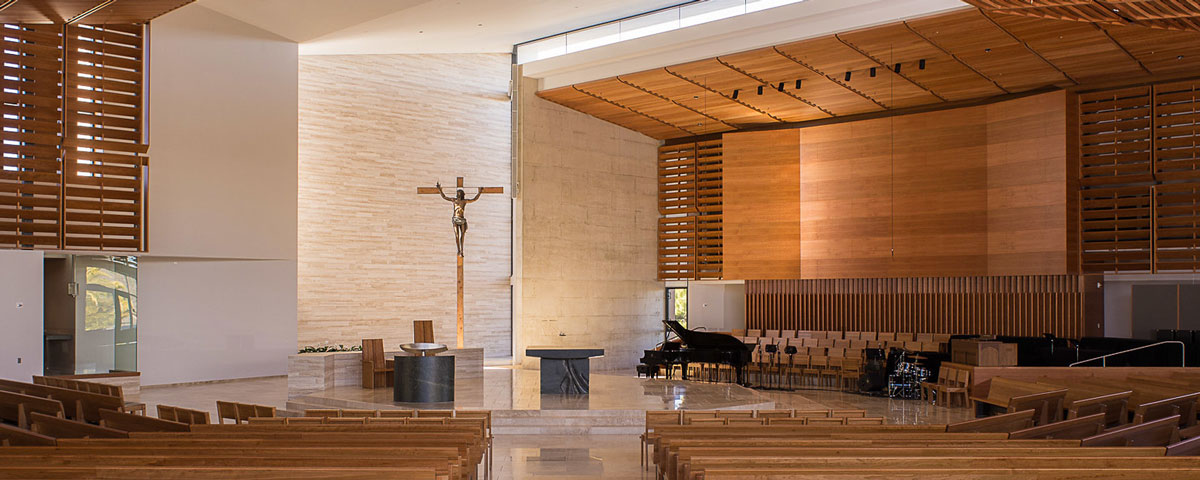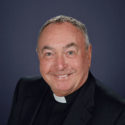In recent weeks, the Church has once again “been brought to our knees” as we have become aware of the allegations against the retired Theodore Cardinal McCarrick of Washington D.C. and the exposure of the clergy sexual abuse in the six Dioceses of the State of Pennsylvania.
As we look back to view our weaknesses and our sinfulness, and as we move forward to transparency and new life for our future, we realize that this process will take a painfully long time, happening in a variety of places at a variety of times.
We are a Universal Church. The institutional Church will slowly and completely be examined by a variety of sources in which they will find some Church leaders cooperating more easily than others.
The last intense legal and media exposure of clergy sexual abuse happened in 2010. At that time, I ran a series of seven Pastor’s Columns that I hoped would help all of us to better understand this reality and to find some peace as we moved forward.
I am now posting these Columns for the next seven weeks, again in the hope they will provide better understanding and peace, at this time.
Pastor’s Column #2 is an article, “Why I Remain a Catholic” written by Elizabeth Scalia, a contributing writer to First Things Magazine, ft@firstthings.com. She is a blogger known as “The Anchoress.” This article is an insert in today’s bulletin.
Pastor’s Column #1 in this series may be found at www.stmoside.org; then click Menu, then News, and then Pastor’s Column.
Why I Remain a Catholic
The question has come my way several times in the past week: “How do you maintain your faith in light of news stories that bring light to the dark places that exist within your church?”
When have darkness and light been anything but co-existent? How do we recognize either without the other?
I remain within, and love, the Catholic Church because it is a church that has lived and wrestled within the mystery of the shadow lands ever since an innocent man was arrested, sentenced, and crucified, while the keeper of “the keys” denied him, and his first priests ran away. Through 2,000 imperfect, sometimes glorious, sometimes heinous years, the church has contemplated and manifested the truth that dark and light, innocence and guilt, justice and injustice all share a kinship, one that waves back and forth like wind-stirred wheat in a field, churning toward something—as yet—unknowable.
The darkness within my church is real, and it has too often gone unaddressed. The light within my church is also real, and has too often gone unappreciated. A small minority has sinned, gravely, against too many. Another minority has assisted or saved the lives of millions.
But then, my country is the most generous and compassionate nation on Earth; it is also the only country that has ever deployed nuclear weapons of mass destruction. My government is founded upon a singular appreciation of personal liberty; some of those founders owned slaves.
My family was known for its neighborliness and its work ethic; its patriarch was a serial child molester. The child molester was also a brilliant, generous, talented man—the only person who ever read me a bedtime story. I will love him forever, for that, even when I wake up gasping and afraid.
I am a woman with very generous instincts, and I try to love everyone, but I am capable of corrosive scorn. Have I been much sinned against? Yes. So have you. Have I sinned against others? Oh, yes. So have you.
Like a pebble cast into a pond, our every action ripples out toward the edges, reaching farther than we intended, touching what we do not eIven know, for good or ill. It all means nothing, or it means everything.
As a Catholic, I believe it means everything.
That doesn’t mean I do not suffer for the sins of my church; we people in the pews are roiling with feelings of betrayal, shame, revulsion.
Having survived sexual abuse in the family and the public schools, I identify deeply with the pain, the sense of powerlessness and abandonment that the victims of some of our priests and administers have endured. I grieve for them—and for my church, and for my pope, and for all the countless good priests and religious who are tarnished by the actions of a depraved minority.
I am saddened beyond words to know that these very real sins of commission and omission will repel people, who will miss the consolations of the church in light, out of concern for its shadows.
But the painful and incomplete news stories that have dominated this Holy Week helpfully illustrate how and why I am able to continue on in faith. Particularly during the Easter Triduum, we are thrust deeply into the crucifixion narrative of the Gospels. There, on the wood of the cross, we encounter Jesus, son of Mary, who knew shame, betrayal, abandonment, scorn, jeering, ridicule, unimaginable pain and sorrow, and submitted to them, in order to draw us into a consoling embrace that says, “I know what you are feeling; I know what you are thinking. You tortured ones, you shamed ones, you innocent ones, you slandered ones; I am the One who knows, and we are actually all in this together, and quite outside of time.”
I want my church to shine. But I understand that everything, from our institutions to our innermost beings, are seen through a glass, darkly. Arms outstretched, listening for the Word, and its echoing liturgy, I make my way forward, in bright hope.



